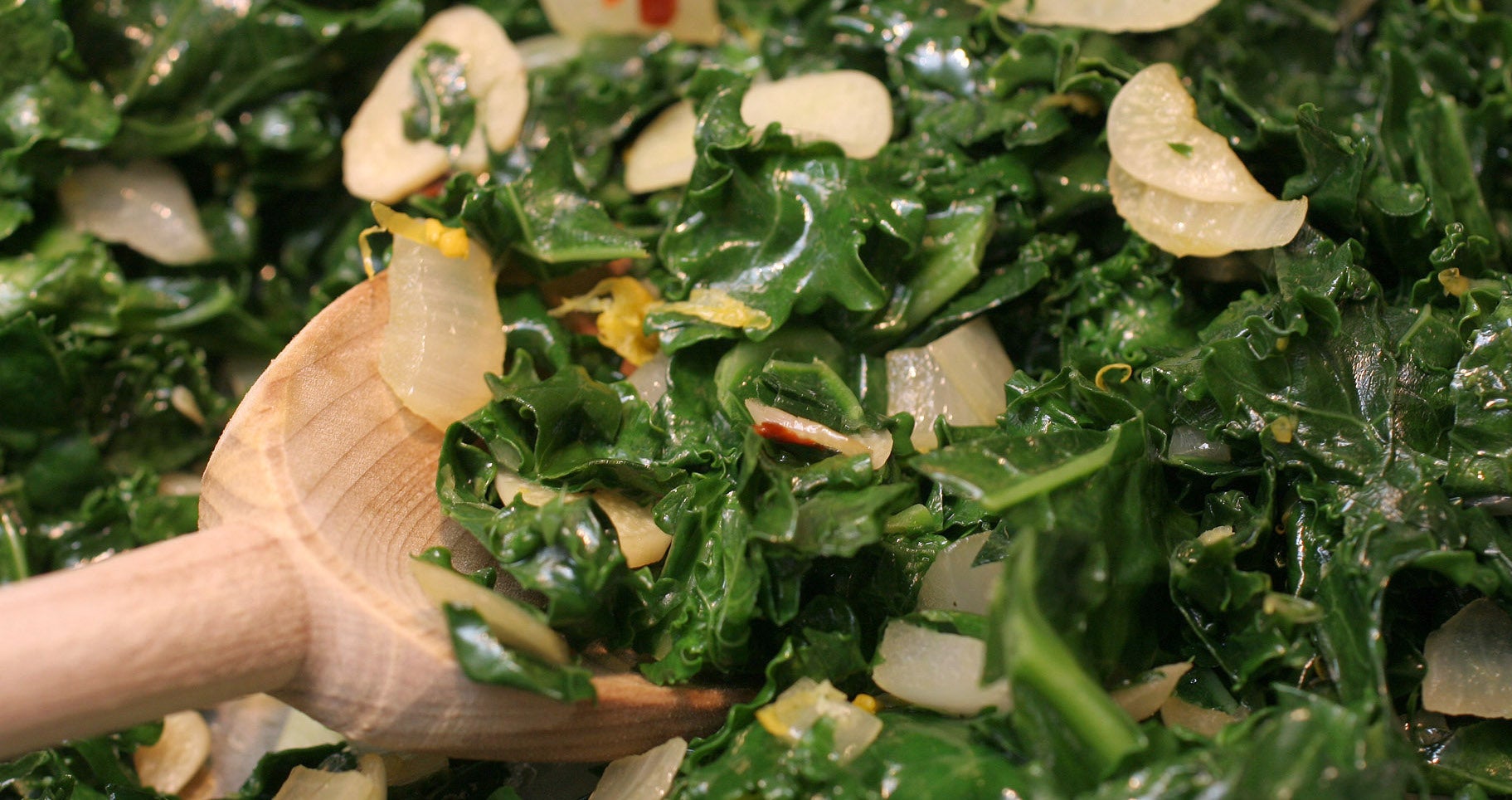The latest US food-safety alert warns of contaminated salads at Trader Joe’s and Kroger
The US government has issued a food-safety alert warning people that several lines of contaminated salad products may have gotten into some of the country’s largest grocery chains.


The US government has issued a food-safety alert warning people that several lines of contaminated salad products may have gotten into some of the country’s largest grocery chains.
The stores include Kroger, Walgreen’s, and Trader Joe’s, all of which carry the ready-made products distributed by an Indiana company, Caito Foods LLC. The potentially contaminated items are popular options for on-the-go lunches and dinners—wraps, salads, and sandwiches that include chicken, ham, and beef. The US Department of Agriculture says those foods (pdf) were all were produced between July 15 and July 18, with the either “best by,” “enjoy by,” best if sold by” or “sell by” dates ranging from July 18 to July 23.
Most of those products should have filtered off shelves by now, but the government has urged caution.
The foods in question were contaminated with Cyclospora, a pernicious little parasite that festers in the intestinal tract with awful effect: watery diarrhea “with frequent, sometimes explosive, bowel movement,” according to the US Centers for Disease Control and Prevention. If not treated with a combination of two antibiotics, an illness spurred by Cyclospora can last as long as a month, with the possibility of a relapse.
If the illness sounds familiar, it’s because it made a lot of news headlines this summer. Last month, McDonald’s reported it removed potentially contaminated salads with meats on them from more than 3,000 of its restaurants across 14 states, mostly in the Midwest.
The latest problem was reported by Caito Foods after it got notice from lettuce supplier Fresh Express that the chopped romaine used in some of its salads and wraps was being recalled.
In general, the US government has gotten better at catching foodborne pathogens before they wreak havoc throughout the population, thanks to new technology that can detect problems in food quickly.